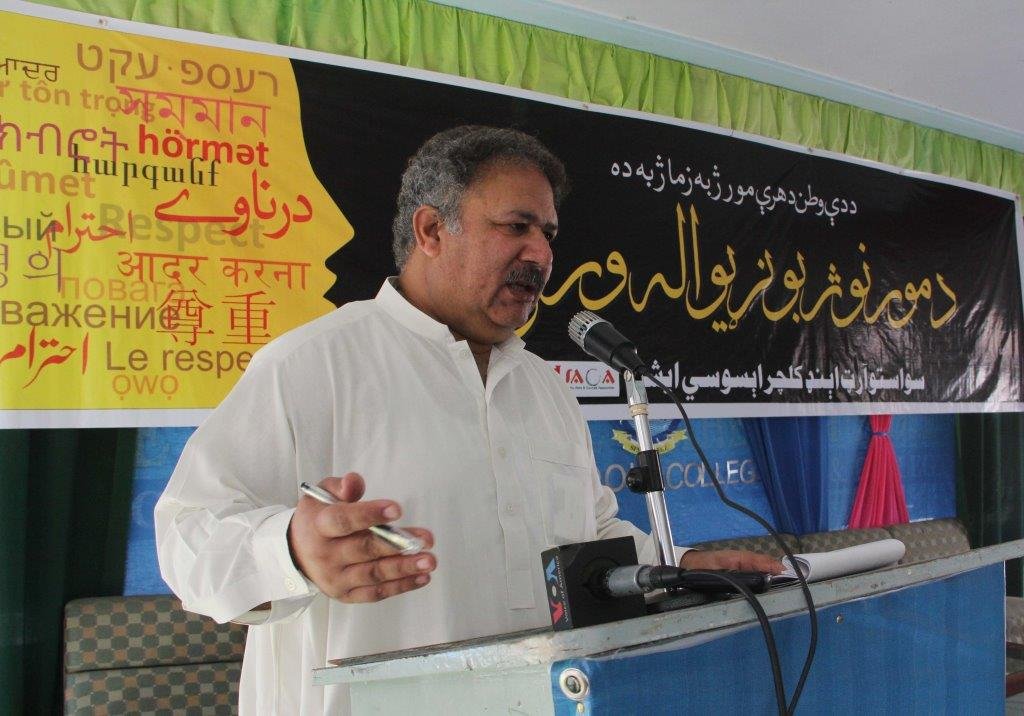MINGORA: Historians and literary circles here on Monday said civilised nations always remembered their past and worked for promoting cultural heritage.
They were speaking at the launching ceremony of a book ‘Uddiyana: Swat Ki Janat-i-Gumgushta’, a research book on the ancient history and rich cultural heritage of Swat. Researchers, writers, poets, cultural activists and poets participated in the ceremony.
They said it was high time for the people as well as government to protect all the archaeological sites in Swat valley, scientifically excavate them and undertake researches for future generations and heritage tourism.
“This is a comprehensive research book on the history of Uddiyana, the present-day Swat, which must be read by every Pakistani,” said Fazal Rabi Rahi, a writer who presided over the ceremony, adding it was the responsibility of the government to help writers on cultural heritage.
Rafiullah Khan, assistant professor at Quid-i-Azam University, said there was a need to communicate archaeology and history to common people as had already been done in rest of the world, including India.
“Unfortunately, few people tried to write on archaeology for common readers in Pakistan. This book was much-needed as it has not been written for archaeologists but for common readers. The more common people are involved in archaeology and history the more they will value it and try to protect it,” he said.
Other speakers said many countries earned huge foreign exchange by promoting cultural heritage tourism as it was the backbone of tourism industry.
“We have got one of the world’s best and important archaeological sites but our governments have failed to take benefit. I am happy that author of this book has highlighted the importance of cultural heritage tourism and stressed on the government to chalk out a comprehensive policy to attract foreign tourism in this sector,” Afzal Shah, a tourism expert, said.
Writer and poet Fazal Mahmood Rokhan said Swat remained the cradle of ancient civilisations, including Buddhism, which was the fourth biggest religion in the world. “If Buddhists from around the world visit Swat and other parts having Buddhist ancient sites it would earn huge money for the state and local people,” he said.
Researcher and educationist Dr Nargis Ara said the book opened some new and interesting windows on the Swat history and archaeology which must be explored with new researches and excavations.
Usman Ulasyar, head of Suvastu Arts and Culture Association, demanded of the provincial government to include the ancient history of the region in course books, while poet Shams Buneri urged writers to focus on former Swat state’s history.
The book’s author, Fazal Khaliq said Swat valley was a place with scenic beauty and unique ancient history. “It is the responsibility of everyone to work for protection and preservation of archaeological sites because these are not mere structures but treasures of ancient information and history,” he said.





